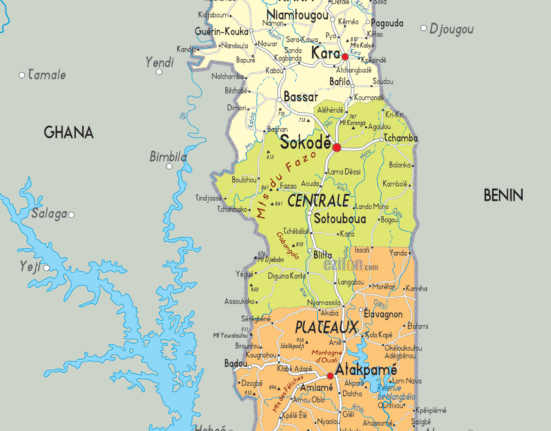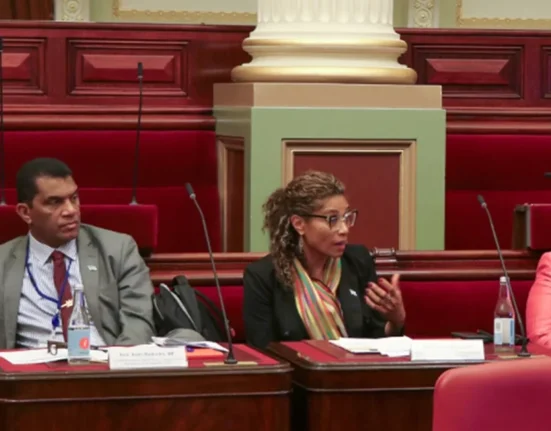US President Donald Trump’s upcoming meeting with leaders from five African nations—Gabon, Guinea-Bissau, Liberia, Mauritania, and Senegal—has left many scratching their heads. While some may find this surprising, experts see it as part of a broader shift in Washington’s approach to Africa.
The sudden announcement of this meeting is seen by analysts as a strategic move by the U.S. to strengthen its ties with African countries. This comes on the heels of a recent diplomatic win for the White House in brokering peace between Rwanda and the Democratic Republic of Congo. The successful peace deal was hailed internationally for its potential to end long-standing conflicts in the region.
The decision to engage with Africa more actively follows a tense encounter between Trump and South African President Cyril Ramaphosa earlier this year. Critics viewed that meeting as confrontational, but the upcoming summit signals a shift towards economic collaboration rather than political friction.
Experts note that the focus on economic cooperation underscores a shift in U.S. policy towards prioritizing trade and investment over traditional aid programs. While some raise concerns about potentially sidelining crucial sectors like healthcare and education, others see it as an opportunity for mutually beneficial partnerships.
Senegalese President Macky Sall expressed optimism about strengthening economic ties with the U.S., highlighting its importance for their development agenda. Similarly, Mauritania hopes for increased American investment in key sectors such as infrastructure and mining.
In light of these developments, talk of a larger U.S.-Africa summit planned for September has emerged from Washington. This anticipated event could cover various topics including security cooperation, climate change, migration challenges, and trade relations. However, formal confirmation from both sides is still pending.
Commenting on this trend of increased engagement between the United States and Africa, experts believe it signifies a significant shift in diplomatic strategies:
“One cannot underestimate the importance of economic cooperation in international relations,”
says Dr. Jane Smithson, an expert in African affairs at Global Policy Institute.
“By focusing on trade and investments, both parties stand to gain economically while fostering stronger diplomatic ties.”
As tensions ease from past encounters and opportunities for collaboration arise through these meetings, it remains to be seen how this evolving relationship will shape future interactions between the U.S. and African nations.









Leave feedback about this